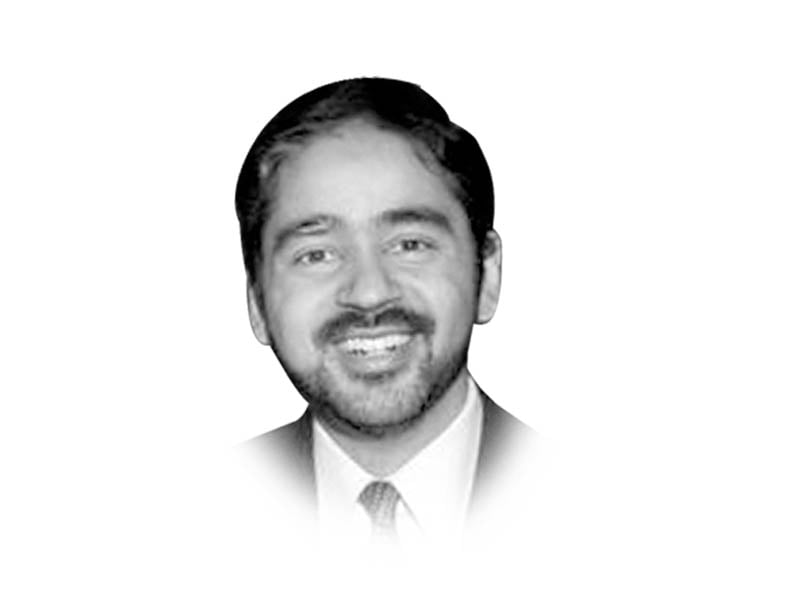
When someone says that they grew up in a different world, they are usually remembering a time of simplicity and innocence. There is a positive undertone to their sentiment. I too believe that I grew up in a different world, a world that seemed simpler, but I am not sure if that was necessarily a good thing. Let me explain. In the 1980s of Pakistan, when I was growing up in Islamabad, several of my friends’ parents worked for the UN and other international NGOs. It seemed like a perfect job — not just because they got to travel to places, that to my mind seemed fancy and exotic, but they also worked on some of the most important problems facing humanity. What could be better than a good salary, ample travel and the opportunity to help others? In my subconscious I believed that not only UN organisations were capable of overcoming any odds, but that their voice actually mattered. As I reflect on that time, I realise that my view was shaped by not just my own ignorance and naiveté, but also by the reverence given to international organisations and their employees by everyone around me. On television and in conversations I was hearing, the UN resolutions were viewed as some kind of a final decree; the support at the UN was the ultimate mark of success of an argument in the international arena.
Some forty years later, that world no longer exists for me. Today, ICJ rulings mean little, the pleas of the UN Secretary General have no effect. This is not just about the Middle East or the world post October 2023. During the pandemic, despite multiple requests by the WHO, investigations about the origin of Covid in Wuhan were rejected. Rich and powerful countries have continued to disregard and undermine UN and its institutions for long. I feel that I was just not paying attention.
Like many in my area of research, I have also had interactions with UN institutions and have worked with them. I have found my colleagues there to be exceptionally talented, thoughtful and committed. They are far smarter than I would ever be. Yet, the system is overburdened by a bureaucracy that is making the institution dysfunctional. It is not simply about an archaic financial structure that defies logic and efficiency, it is also built in a way where people do not develop a nuanced and deep understanding of the crisis they are engaged in resolving.
UN’s reputation is also impacted by a series of crises where its performance has been deeply problematic. In my own work, I have seen how the UN’s actions led to a cholera crisis in Haiti (which it refused to acknowledge for years). More recently, the UN seemed to be plagued by dysfunction when it failed to address the crisis in Ethiopia as countless were killed, starved, raped and maimed. What is common in all of these issues — whether the UN itself failed to uphold its mission, or was rendered toothless by powerful countries, is that the vulnerable and the weak paid the price.
Unfortunately, it is not just me who has concerns about the UN. I have noticed that my students today, both from the US and abroad, no longer view the UN with the same sense of idealism that their peers did twenty years ago. Perhaps they are more aware, perhaps they are smarter than I was at their age, or perhaps the UN today is less effective than it was a generation ago. Yet, all of them, myself included, believe in the necessity of collaboration and accountability. It is just that most of us no longer view the status quo as fair or acceptable. The system must change. We need to rewrite the rules, rethink the structure and reimagine a fairer world. This cannot happen just in New York, Geneva or Brussels. This must happen in cities of Kenya and Pakistan, Vietnam and Colombia, Lebanon and the Congo. We need to recognise ourselves as important stakeholders and contributors, not just as recipients of policies made by the high priests of international development.

1719315628-0/BeFunky-collage-(8)1719315628-0-405x300.webp)


1731329418-0/BeFunky-collage-(39)1731329418-0-165x106.webp)










COMMENTS (1)
Comments are moderated and generally will be posted if they are on-topic and not abusive.
For more information, please see our Comments FAQ